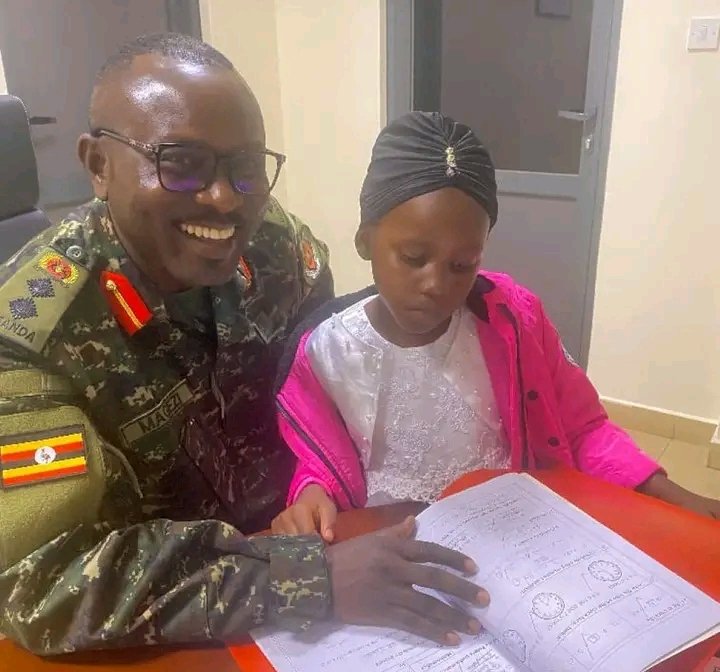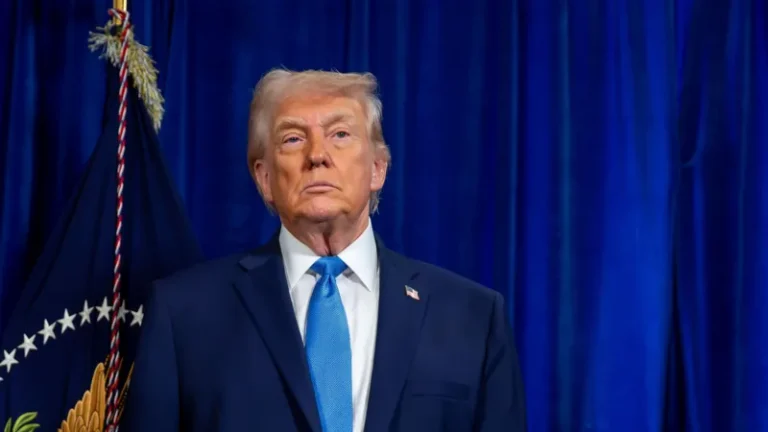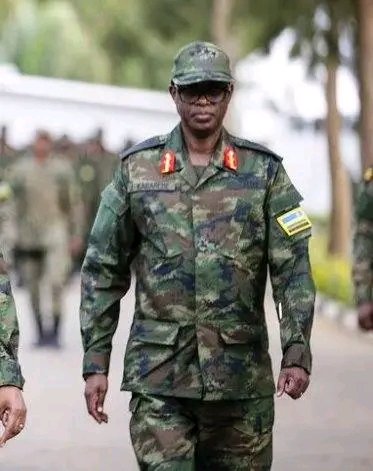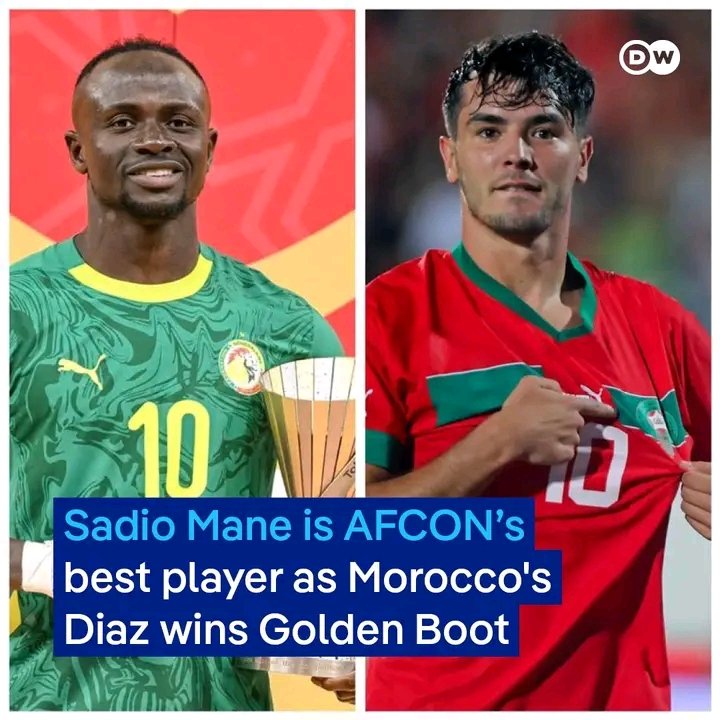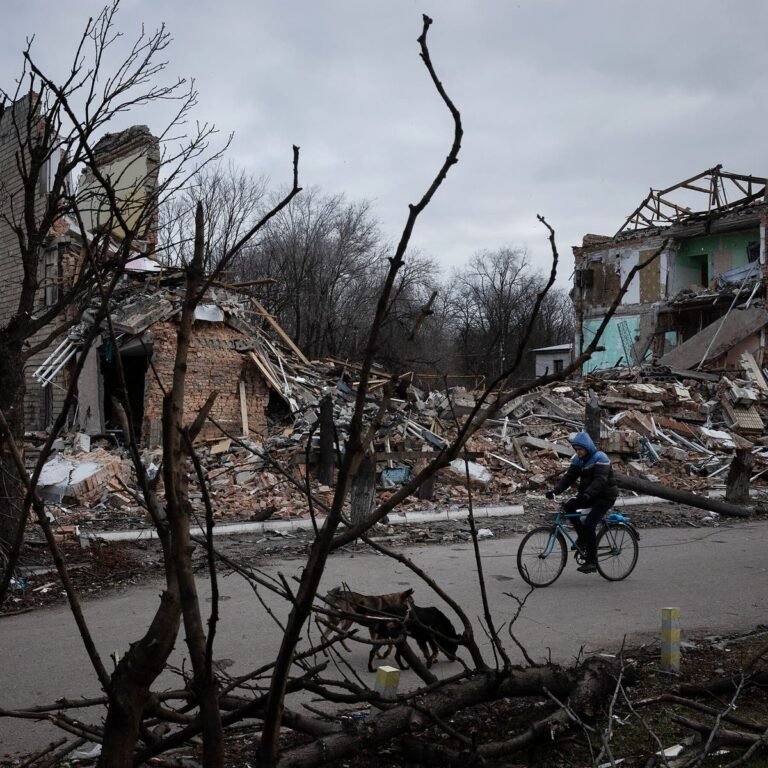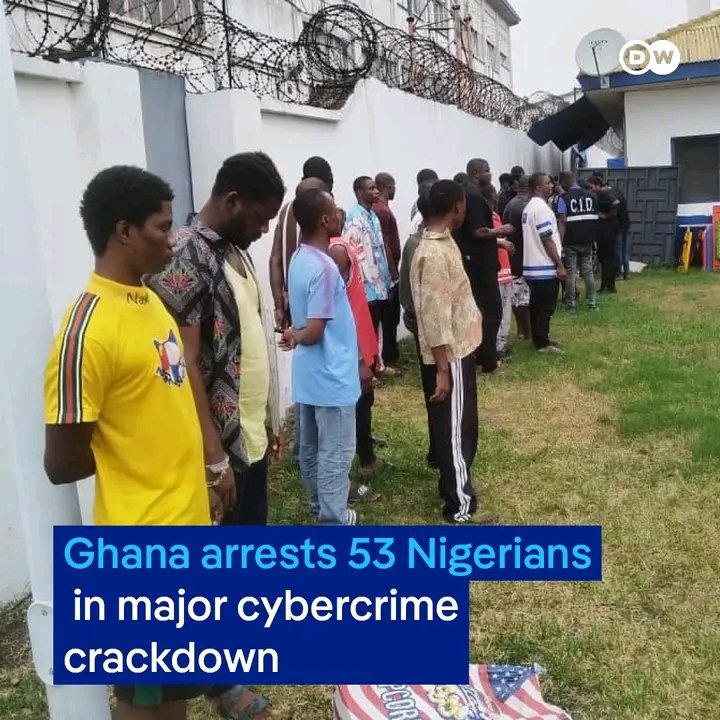
International Arms Trafficking Ring Supplying Mexican Cartel Dismantled, Bulgarian Mastermind Arrested
Alexandria, VA – In a major transnational investigation, U.S. authorities have unsealed indictments against a Bulgarian arms trafficker with ties to one of history’s most notorious weapons dealers and three African accomplices for conspiring to funnel military-grade weaponry to Mexico’s deadliest drug cartel. The case exposes a sophisticated global network aimed at arming criminal organizations responsible for flooding American streets with cocaine and fentanyl .
Key Defendants and Charges
The U.S. Attorney’s Office for the Eastern District of Virginia charged Peter Dimitrov Mirchev (Bulgaria), Elisha Odhiambo Asumo (Kenya), Michael Katungi Mpeirwe (Uganda), and Subiro Osmund Mwapinga (Tanzania) with multiple felonies, including:
- Conspiracy to distribute cocaine
- Conspiracy to possess firearms (including machine guns and destructive devices) for drug trafficking
- Conspiracy to provide material support to a designated foreign terrorist organization .
If convicted, each faces 10 years to life imprisonment .
Table: Defendants and Current Status
| Name | Nationality | Role | Status |
|---|---|---|---|
| Peter Dimitrov Mirchev | Bulgarian | Arms broker tied to Viktor Bout | Arrested in Madrid (April 8), pending extradition |
| Elisha Odhiambo Asumo | Kenyan | Facilitator of fraudulent EUCs | Arrested in Casablanca (April 8), extradition pending |
| Subiro Osmund Mwapinga | Tanzanian | Document forger | Arrested in Accra, extradited to U.S. (July 25) |
| Michael Katungi Mpeirwe | Ugandan | Ex-diplomat, security advisor | Fugitive at large |
The CJNG Arsenal Plot
From at least September 2022, the group allegedly conspired to supply the Cartel de Jalisco Nueva Generación (CJNG)—designated a Foreign Terrorist Organization in February 2025—with weapons including:
- Rocket launchers, grenades, and anti-personnel mines
- Night vision equipment and sniper rifles
- ZU-23 anti-aircraft systems capable of downing helicopters .
Mirchev, described as “an international trafficker based in Bulgaria involved in arms trafficking for 25 years,” met cartel representatives to coordinate shipments while evading law enforcement. He provided brochures from Bulgarian arms manufacturers detailing available equipment, culminating in a proposed €53.7 million ($58 million) weapons package .
Evasion Tactics and Test Shipment
To bypass international arms controls, the network secured fraudulent End-User Certificates (EUCs) from Tanzania, falsely stating weapons were destined for African militaries. Key steps included:
- Mirchev recruited Asumo to obtain fake EUCs.
- Asumo enlisted Mpeirwe (a former Ugandan diplomat), who tapped Mwapinga.
- The group secured a Tanzanian EUC for 50 AK-47s .
In a test shipment, Mirchev exported 50 AK-47 rifles, magazines, and ammunition from Bulgaria to Tanzania, with payments traced to a Bulgarian arms manufacturer. The weapons were diverted to the CJNG .
Cartel Nexus and Broader Implications
The CJNG, Mexico’s most powerful cartel after the decline of Sinaloa, intended to use these weapons to secure cocaine trafficking routes into the U.S. This case highlights:
- Deepening ties between Eurasian arms networks and Latin American cartels.
- Exploitation of corruption in African governments for document fraud.
- The CJNG’s militarization, including recruitment of ex-Colombian soldiers for training .
Mirchev’s history links him to Viktor Bout, the “Merchant of Death” convicted in 2011 of arming terrorist groups. Mirchev had previously supplied Bout, underscoring his prominence in illicit arms networks .
Legal Progress and Operation Take Back America
The arrests unfolded globally on April 8, 2025:
- Mirchev captured in Madrid by Spanish Civil Guard.
- Asumo arrested in Casablanca.
- Mwapinga detained in Accra and extradited July 25.
- Mpeirwe remains a fugitive .
This case is part of “Operation Take Back America,” a DOJ initiative targeting transnational criminal organizations and cartel-linked arms flows . Prosecutors Anthony Aminoff and Edgardo Rodriguez lead the case, with assistance from Greece’s Hellenic National Police .
“The CJNG intended to use these weapons to promote the illegal trafficking of large cocaine shipments to the United States” .
As extradition proceedings advance, this investigation reveals how traffickers exploit global regulatory gaps to arm cartels fueling America’s overdose epidemic. The DOJ’s multi-continent collaboration marks a critical step in disrupting the lethal pipeline of weapons-for-drugs .


